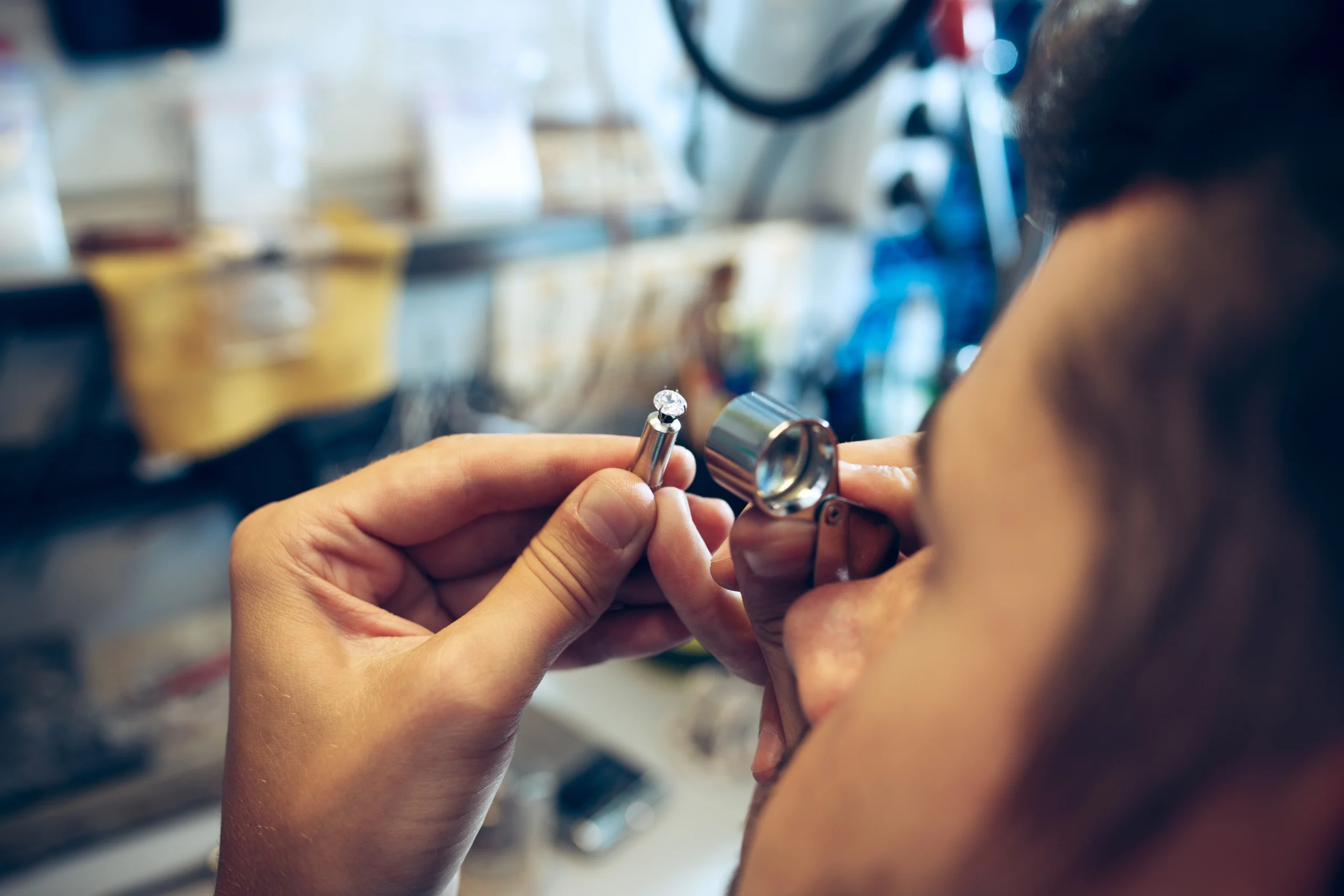Pieces of jewellery will forever be timeless expressions of artistry and craftsmanship, but because they’re investments, regular appraisal is essential.
People living in the UK truly treasure their jewellery, even more so if they’re heirlooms, which is what gives the appraisal process such significance.
Who Can Value Jewellery?
By relying on our 37 years of experience, you can be sure you’re receiving an accurate appraisal of your most valued pieces.
It’s highly recommended that you avoid online valuation services. Even though it may seem more convenient, your jewellery cannot be measured or evaluated correctly using photos alone. You could end up paying a high price for a subpar service.
The Significance of Jewellery Appraisal
Determining monetary value is only one aspect of the jewellery appraisal process. Some of the other reasons to approach a valuer include:
- Adequate insurance. Following the appraisal process, you can rest assured knowing your jewellery is accurately insured. Any loss, theft, or significant damage will result in a fair and precise settlement.
- Estate planning. If you’re planning to pass your jewellery down to future generations, appraisal can help with the estate planning process. This ensures fair distribution of your assets.
- Authenticity verification. The appraisal process can also confirm the authenticity and even the historical significance of your most treasured pieces of jewellery.
- Resale. In the event that you ever need to sell your jewellery, an appraisal report will determine the market value and provide you with the official details you need to sell your pieces to reputable buyers.
Understanding the Jewellery Appraisal Process
Jewellery evaluation is a detailed process that requires time, knowledge and the right equipment.
These are the steps that are typically followed:
- Examination. A valuer will start by thoroughly examining a piece of jewellery. This includes assessing the purity of the metals, the quality of the gemstones and the overall craftsmanship of the piece. Any hallmarks will also be noted.
- Gemstone grading. Next, your valuer will focus on any gemstones to identify and grade them. Gemstones are graded based on colour, clarity, cut and carat weight.
- Metal evaluation. The type and quality of any metals also need to be determined.
- Photography and documentation. Once the most important details have been collected and documented, a valuer will proceed to take essential photographs that will accompany the final report.
- Market research. The final step before completing the appraisal report is to conduct market research. This will give an appraiser a better idea of trends, demand and market prices.
Common Jewellery Appraisal Challenges
Even though the jewellery appraisal process is relatively straightforward, it isn’t without some challenges.
- Fluctuating market values. Market trends will determine the value of gemstones and precious metals, which means the value of your jewellery will fluctuate. It’s important for valuers to stay up to date with these changes to provide accurate valuations.
- Rarity and uniqueness. Valuers will often encounter pieces that are rare or have historical significance, which can make some jewellery more tricky to evaluate. This is when an appraiser’s experience comes into play.
- Subjectivity. Even though standardised grading systems are in place, subjectivity will always play a role in the final valuation of your jewellery. This is why it’s important to pick the right appraisal professional.
An Evolving Appraisal Landscape
To make the most of your jewellery, it’s essential to have it valued regularly by an experienced appraiser. Every two to three years is sufficient.
Take your time to get to know the most recommended appraisers in your area before you make a decision to ensure you receive the most accurate report possible.
Contact Martins of Glasgow if you’re searching for trusted and expert assistance with your jewellery valuations in Glasgow and surrounds.
